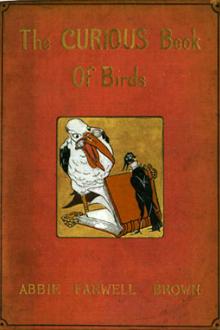
know, I know! That will do-o-o, that will do-o-o!" cooed theWood-Pigeon obstinately in her soft, foolish little voice, withoutpaying the least attention to Mother Magpie's directions."We all know that--anything more?" chirped the chorus of birds, tryingto conceal how anxious they were to know what came next, for the nestswere only half finished. But Mother Magpie was thoroughly disgusted, and refused to go on withthe lesson which had been so rudely interrupted by her pupils.
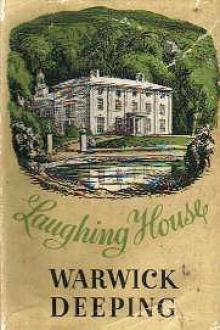
back to London. I cannot say that we were sorry.For, let us be candid. I could be classed as a selfish, and unpatriotic old curmudgeon, but when we have cut the sentimental cackle, one has to confess that you cannot mix classes that are as different as chalk and cheese. These women from the East End were much less clean than animals, and far less likeable. They were lazy lumps of flesh, coarse, vulgar, noisy, ignorant. You could hear their hideous voices and their obscene laughter all over the

Indian tribes were in a difficult position. Both the French and the English were trying to get their lands and each seeking to win their alliance against the other. Washington reminded the chiefs that he had their word of honor and so kept them with him.After receiving the French reply, the party started back home, going as far as possible in canoes. The rivers were swollen and full of ice, making the water-trip extremely dangerous. On Christmas Day, Washington began his long journey

sion.Let them be always honored according to their deserts;and long may Maclear, Herschel, Airy, and others live to make knownthe wonders and glory of creation, and to aid in renderingthe pathway of the world safe to mariners, and the dark places of the earthopen to Christians!I beg to offer my hearty thanks to my friend Sir Roderick Murchison,and also to Dr. Norton Shaw, the secretary of the Royal Geographical Society,for aiding my researches by every means in their power. His faithful majesty
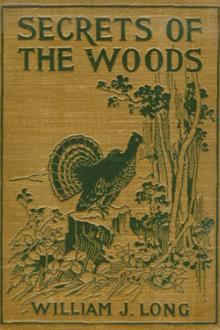
under the moss, straight to her nest beneath the stone.Besides these older mice, there were five or six smaller ones, all shy save one, who from the first showed not the slightest fear but came straight to my hand, ate his crumbs, and went up my sleeve, and proceeded to make himself a warm nest there by nibbling wool from my flannel shirt. In strong contrast to this little fellow was another who knew too well what fear meant. He belonged to another tribe that had not yet grown accustomed to
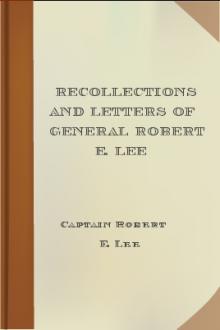
. Sometime during our residence in Baltimore, Spec disappeared, and we never knew his fate.From that early time I began to be impressed with my father's character, as compared with other men. Every member of the household respected, revered and loved him as a matter of course, but it began to dawn on me that every one else with whom I was thrown held him high in their regard. At forty-five years of age he was active, strong, and as handsome as he had ever been. I never remember his being ill. I
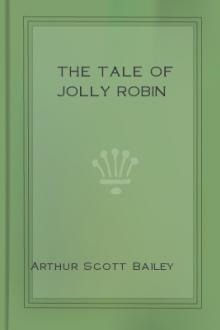
I am quite delighted."So Jolly Robin laughed happily. And old Mr. Crow remarked that it was a fair laugh, though not so loud as he would have liked. "I'll do better next time," Jolly assured him. "Good!" said Mr. Crow. "And now, since I've finished my breakfast, we'll go over to the woods and see what's going on there this morning." The first person they saw in the woods was Peter Mink. He was fishing for trout in Broad Brook. And old Mr. Crow, as soon as he
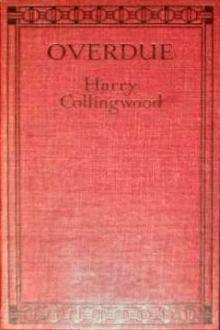
p>"Lost your captain and both mates! How in the name of Fortune did that happen?""Well, sir, you see it was this way," was the reply. "When we'd been out about a week--we're from Liverpool, bound to Sydney, New South Wales, with a general cargo and two hundred emigrants--ninety-seven days out--when we'd been out about a week, or thereabouts--I ain't certain to a day or two, but it's all wrote down in the log--Cap'n Somers were found dead in his bunk by the steward
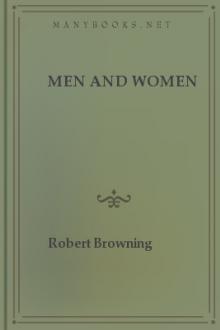
ty wheresoever in life itchooses to turn the light of its gaze. So, also, in "Andrea delSarto," the easy cleverness of the unaspiring craftsman is notembodied apart from the abject relationship which made his very soula bond- slave to the gross mandates of "the Cousin's whistle." Yetin all three poems the biographic and historic conditions contributing toward the individualizing of each artist are sounobtrusively epitomized and vitally blended, that, while scarcelyany item

know, I know! That will do-o-o, that will do-o-o!" cooed theWood-Pigeon obstinately in her soft, foolish little voice, withoutpaying the least attention to Mother Magpie's directions."We all know that--anything more?" chirped the chorus of birds, tryingto conceal how anxious they were to know what came next, for the nestswere only half finished. But Mother Magpie was thoroughly disgusted, and refused to go on withthe lesson which had been so rudely interrupted by her pupils.

back to London. I cannot say that we were sorry.For, let us be candid. I could be classed as a selfish, and unpatriotic old curmudgeon, but when we have cut the sentimental cackle, one has to confess that you cannot mix classes that are as different as chalk and cheese. These women from the East End were much less clean than animals, and far less likeable. They were lazy lumps of flesh, coarse, vulgar, noisy, ignorant. You could hear their hideous voices and their obscene laughter all over the

Indian tribes were in a difficult position. Both the French and the English were trying to get their lands and each seeking to win their alliance against the other. Washington reminded the chiefs that he had their word of honor and so kept them with him.After receiving the French reply, the party started back home, going as far as possible in canoes. The rivers were swollen and full of ice, making the water-trip extremely dangerous. On Christmas Day, Washington began his long journey

sion.Let them be always honored according to their deserts;and long may Maclear, Herschel, Airy, and others live to make knownthe wonders and glory of creation, and to aid in renderingthe pathway of the world safe to mariners, and the dark places of the earthopen to Christians!I beg to offer my hearty thanks to my friend Sir Roderick Murchison,and also to Dr. Norton Shaw, the secretary of the Royal Geographical Society,for aiding my researches by every means in their power. His faithful majesty

under the moss, straight to her nest beneath the stone.Besides these older mice, there were five or six smaller ones, all shy save one, who from the first showed not the slightest fear but came straight to my hand, ate his crumbs, and went up my sleeve, and proceeded to make himself a warm nest there by nibbling wool from my flannel shirt. In strong contrast to this little fellow was another who knew too well what fear meant. He belonged to another tribe that had not yet grown accustomed to

. Sometime during our residence in Baltimore, Spec disappeared, and we never knew his fate.From that early time I began to be impressed with my father's character, as compared with other men. Every member of the household respected, revered and loved him as a matter of course, but it began to dawn on me that every one else with whom I was thrown held him high in their regard. At forty-five years of age he was active, strong, and as handsome as he had ever been. I never remember his being ill. I

I am quite delighted."So Jolly Robin laughed happily. And old Mr. Crow remarked that it was a fair laugh, though not so loud as he would have liked. "I'll do better next time," Jolly assured him. "Good!" said Mr. Crow. "And now, since I've finished my breakfast, we'll go over to the woods and see what's going on there this morning." The first person they saw in the woods was Peter Mink. He was fishing for trout in Broad Brook. And old Mr. Crow, as soon as he

p>"Lost your captain and both mates! How in the name of Fortune did that happen?""Well, sir, you see it was this way," was the reply. "When we'd been out about a week--we're from Liverpool, bound to Sydney, New South Wales, with a general cargo and two hundred emigrants--ninety-seven days out--when we'd been out about a week, or thereabouts--I ain't certain to a day or two, but it's all wrote down in the log--Cap'n Somers were found dead in his bunk by the steward

ty wheresoever in life itchooses to turn the light of its gaze. So, also, in "Andrea delSarto," the easy cleverness of the unaspiring craftsman is notembodied apart from the abject relationship which made his very soula bond- slave to the gross mandates of "the Cousin's whistle." Yetin all three poems the biographic and historic conditions contributing toward the individualizing of each artist are sounobtrusively epitomized and vitally blended, that, while scarcelyany item
